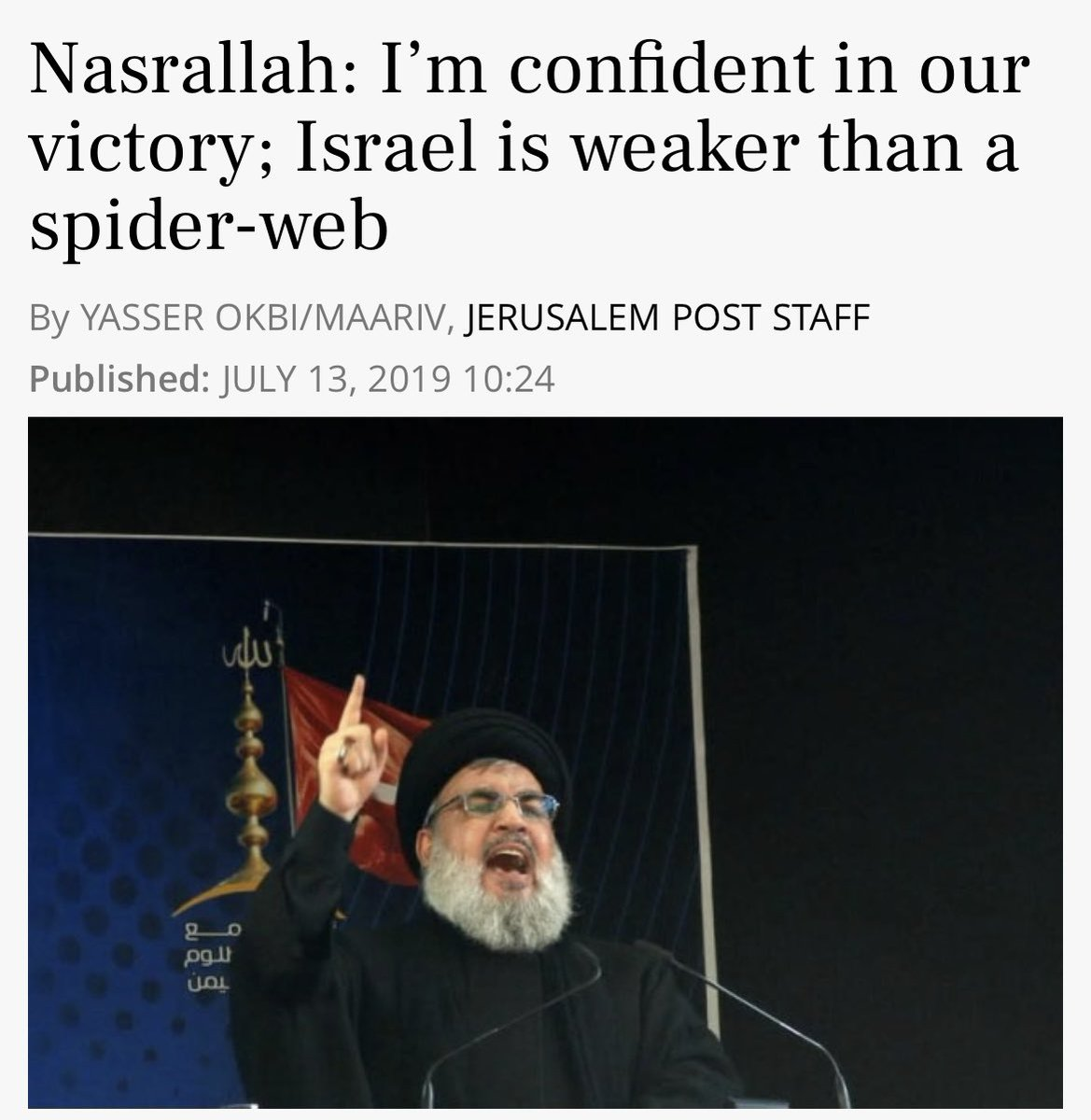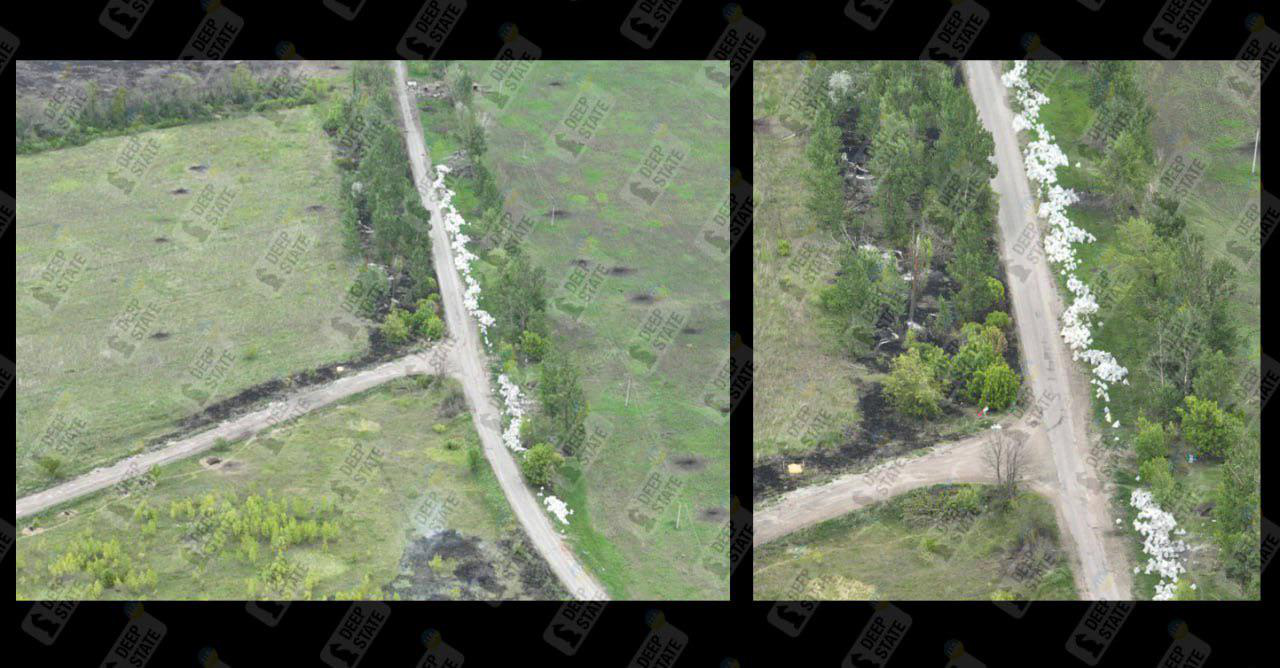Back from my self-imposed Hexbear exile, I needed to turn off news (which dramatically failed) and stop reading some of the weird ass tantrums here. Now some unrelated points as usual:
-
Situation in Syria is slowly reaching a new chaotic state. Numerous sectarian clashes between HTS and Alawites, and Kurds vs Turkish-backed fighters in the north. The main cities are still calm and in an optimistic mood though, I was in a video call with my cousin on Monday and he filmed some of the markets and main squares in Damascus, it looked pretty calm and people are still in some sort of revolutionary euphoria. Iraq 2003-2007 is still definitely on the cards, sectarian battles and stuff like that will escalate and reach a climax before things settle. The new government from a pure bureaucratic standpoint are doing okay imo though, things are slowly returning to normal and somehow functioning.
-
Russian crossing of the Oskol was strangely uneventful, they just crossed from 2-3 points and established a pretty solid bridgehead on the other side of the river. I expected some grand battle when they would inevitably cross the river one day, but it was pretty anticlimactic and Ukrainian troops on the west bank of the river seem to be unprepared and outnumbered even by some Russian troops without heavy equipment. Kurakhove, Velika Novosilka and Toretsk seem to be wrapping up by the end of January, next step is probably Pokrovsk until some bigger Russian movements by summer 2025. The war in the current pace still doesn't reach any final stage until summer 2026.
-
Visiting Iraq with the wife and the kid in around a month, you'll get a trip report and some non-doxxing pics if things permit.
-
I don't like how things are going in Iran, the country seems to be entering a hard period of decline and they'll be Syria'd by Trump and Israel if they don't get their shit together soon.
-
This website has some of the dumbest drama I've ever seen lmao, grow up



With Catholicism suffering from the death of the Pope and undergoing the whole succession ritual now, let's talk about a different religious group that will undergo the exact same process probably very soon. Shia Islam works remarkably similar to Catholicism, where the position of Grand Marja occupies a similar standing to the Pope within the faith. To summarise the position of the Grand Marja to anyone that haven't heard about it, Shia Islam has a lot of small Popes that reach that status after at least 30-40 years of studying theology, the Grand Marja is the biggest Pope out of the them all. A Shia Muslim can follow the rulings of any of the small Popes, but there's an implicit understanding that everyone respects the big Pope and his word is in the end the most important. The Grand Marja right now is a very old and sick Ayatollah Ali Sistani, who coincidentally is the first ever Shia Grand Marja to meet the Catholic Pope, after a historic meeting in Najaf, Iraq a few years ago.
The discussion within Catholic circles right now is about the conservatism of the next Pope, where Catholics discuss if the next Pope should be woke or not. The discussion around the next Grand Marja is a bit more multifaceted than that even within normie circles that aren't really into theology. I like Catholicism even as a Muslim dude, but the truth is that Catholicism in Europe is basically dead as a relevant political force, while Shia Islam is alive and still very energetic as a political and societal force. The first point of discussion is "how political should the next Grand Marja be?". Sistani is remarkable as the first modern Grand Marja with an active website and everything, but at the same time he's also remarkably media shy and there's still not even a recording of him actually talking. He's also very apolitical, he stood silent during the American invasion of Iraq, he offers no political commentary when it comes to the internal politics of the Islamic Republic of Iran, and his only outwardly political position was taken during the ISIS campaign across Iraq in 2014, when he declared lawful jihad against ISIS and asked young Shias to join the fight against ISIS, which later led to the creation of the Iran-aligned Popular Mobilization Forces in Iraq.
Now we come to the more woke second discussion point, "should the next Grand Marja be Arab or Persian?". This is basically the eternal Shia idpol dilemma. Sistani is Iranian from the city of Sistan, but has basically lived his entire life in Iraq. The last important Marja before him, Ayatollah Abulqasim Al Khoei was also Iranian, and we have to go back to the 60s to Muhsin Al Hakim, to find a Grand Marja that is considered Arab. Al Hakim is coincidentally the most political Grand Marja in modern history, with his rulings against Arabism and Communism still being debated today and his sons Abdulaziz Al Hakim and Muhammed Baqir Al Hakim were instrumental in the founding of the current Iraqi state after the American invasion. Maybe the Marja shouldn't be Arab if the result is such comprador sons, but that's just my commentary.
We move on to the next discussion point, "should the next Grand Marja be sympathetic to the Sadrists or not?". A short summary of the Sadrist movement coming now. Big family in Iraq and Lebanon, Musa Al Sadr in Lebanon is the spiritual father of all Shia Lebanese, Muhammed Baqir Al Sadr in Iraq basically creates Shia Islamism in Iraq, he also founds the Dawa Party (biggest Shia Islamic political movement in Iraq during the 80s and later), Muhammed Baqir gets executed by Saddam in the early 80s, Dawa Party moves to Iran, regular Shia proletariat in Iraq starts following his cousin Muhammed Sadiq, Muhammed Sadiq gains popularity as a pretty good preacher who says the anti-Saddam stuff without really saying it, he gets assassinated in the late 90s, the preaching stops after his death but his following moves to his surviving son Muqtada Al Sadr, these Muqtada followers later form the backbone of Iraqi resistance to the Americans, at the same time Sadrists slowly start resembling a cult around the image of the Muhammed Sadiq and Muqtada, big clash between the Iraqi government and Sadrists first in 2008, then it turns bloody again in 2022, but doesn't escalate. There were already some rumblings that Sistani's influential son was trying to move certain pieces in order to create an anti-Sadrist camp in 2022, with him reportedly saying that the Sadrists would be considered soon outside the realm of Shiaism. So question remains, does the next Grand Marja exclude Sadrists from the bigger Shia umbrella, or maybe tries to steer them away from the cult and back into normal religion?
I have two or three more points to bring up but my attention span is failing me, so I'll bring them soon in a different comment inshallah 🙏. No proofreading of course, please notify me if something is completely incomprehensible. If you've made this far, congrats!